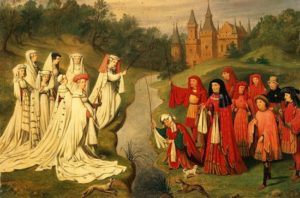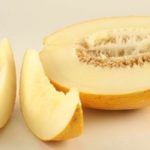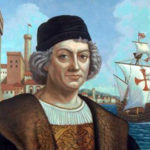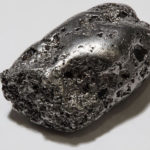Interesting facts about the Middle Ages
 The Middle Ages – the time, surrounded by a halo of forever departed romance. Brave knights, proud kings, beautiful princesses … At least, that’s how everything is described in fiction. In fact, it was not quite like that …
The Middle Ages – the time, surrounded by a halo of forever departed romance. Brave knights, proud kings, beautiful princesses … At least, that’s how everything is described in fiction. In fact, it was not quite like that …
In the Middle Ages in Europe, washing was not accepted. This useful custom fell on the European lands later – it was brought by the knights of the Crusades, who, in turn, took it from the Saracens. That is why the medieval nobility was so popular with a variety of perfumes – they repulsed unpleasant odors.
With toilets, things were no better either. For example, in the Louvre, the famous residence of the French kings, there was not a single toilet.
Dogs are usually allowed to feast, and scraps they throw directly under the table.
The standard of beauty in the Middle Ages was considered to be a high forehead. Many women of fashion even plucked a piece of hair to emphasize the beauty of their foreheads. That is why, by the way, the famous “Mona Lisa” has such a high forehead.
Medieval doctors considered it unnecessary to wash hands with hands before examining the patient.
Earwax in the Middle Ages was used in the tailoring business – it was lubricated by the ends of the threads, so that they would not crumple before passing into the eye of the needle.
Buttons in the Middle Ages served as a status object. So, on one of the orders of the King of France Francis First there were more than sixteen thousand.
The most popular drink in the Middle Ages was beer. It was connected not with alcoholism, but with the fact that during the fermentation not too pure water became less dangerous for the digestive system.
In some medieval monasteries, guilty monks were punished, in the literal sense of the word, to pound water in a mortar.
Spices in the Middle Ages were so expensive not only because they allowed to diversify the taste of dishes, but also because they allowed to preserve meat longer. Of course, the meat was also simply greased, but this way more negatively affected the taste of food.



























